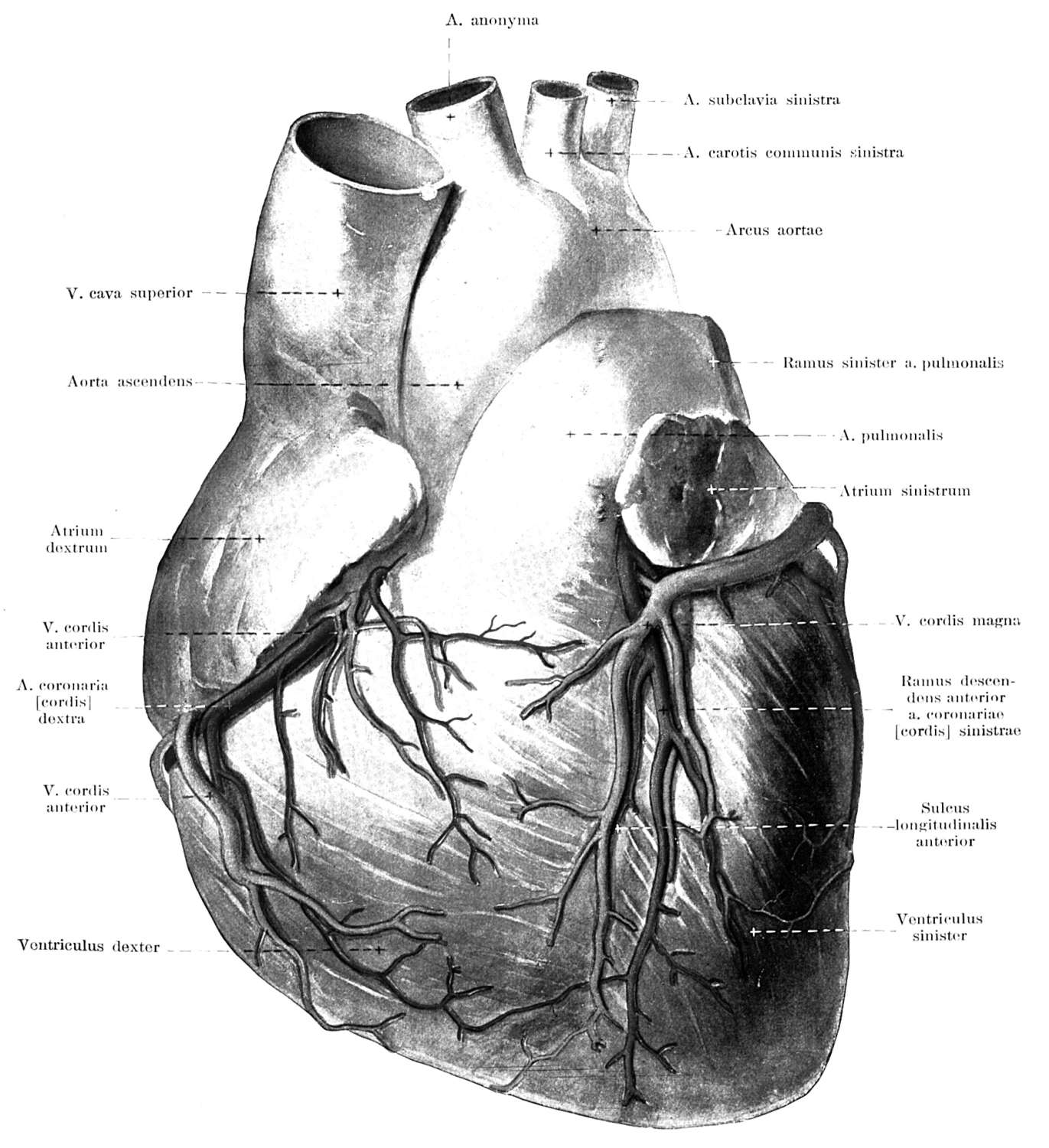
MONDAY, March 16, 2015 (HealthDay News) — Vitamin D may help the body in many ways, but a new data review suggests it won’t do much to lower high blood pressure.
Vitamin D is nicknamed the “sunshine vitamin,” because the body produces the nutrient when skin is exposed to sunlight. People can also get vitamin D through such foods as eggs, milk, yogurt, tuna, salmon, cereal and orange juice.
In the new study, a team led by Dr. Miles Witham of the University of Dundee in Scotland reviewed data from 46 clinical trials involving more than 4,500 participants. The researchers also looked at 27 other studies involving almost 3,100 participants.
Reporting March 16 in the journal JAMA Internal Medicine, Witham’s group found no sign that boosting vitamin D levels had any effect on either the upper or lower numbers in a blood pressure reading.
“The results of this analysis do not support the use of vitamin D as an individual patient treatment for hypertension,” the researchers write.
Two experts in the United States said studies like these are important.
“Health claims related to vitamins and nutritional supplements need to be validated in prospective, randomized clinical trials,” said Dr. Robert Rosenson, director of the Cardiometabolic Unit at The Mount Sinai Hospital in New York City.
“Currently, there is a false public perception that certain vitamins or supplement therapies work…costing the public unnecessary costs, without the necessary scientific evidence supporting their health claims,” he said.
Dr. Stacey Rosen is vice president of Women’s Health at the Katz Institute for Women’s Health in New Hyde Park, N.Y. She said that, “the question of optimal vitamin D levels and the impact on supplementing ‘low’ levels remains an important area of study; however, this well-performed meta-analysis shows a lack of effectiveness for the use of vitamin D to treat high blood pressure.”
More information
There’s more about vitamin D from the Linus Pauling Institute.
Copyright © 2026 HealthDay. All rights reserved.

